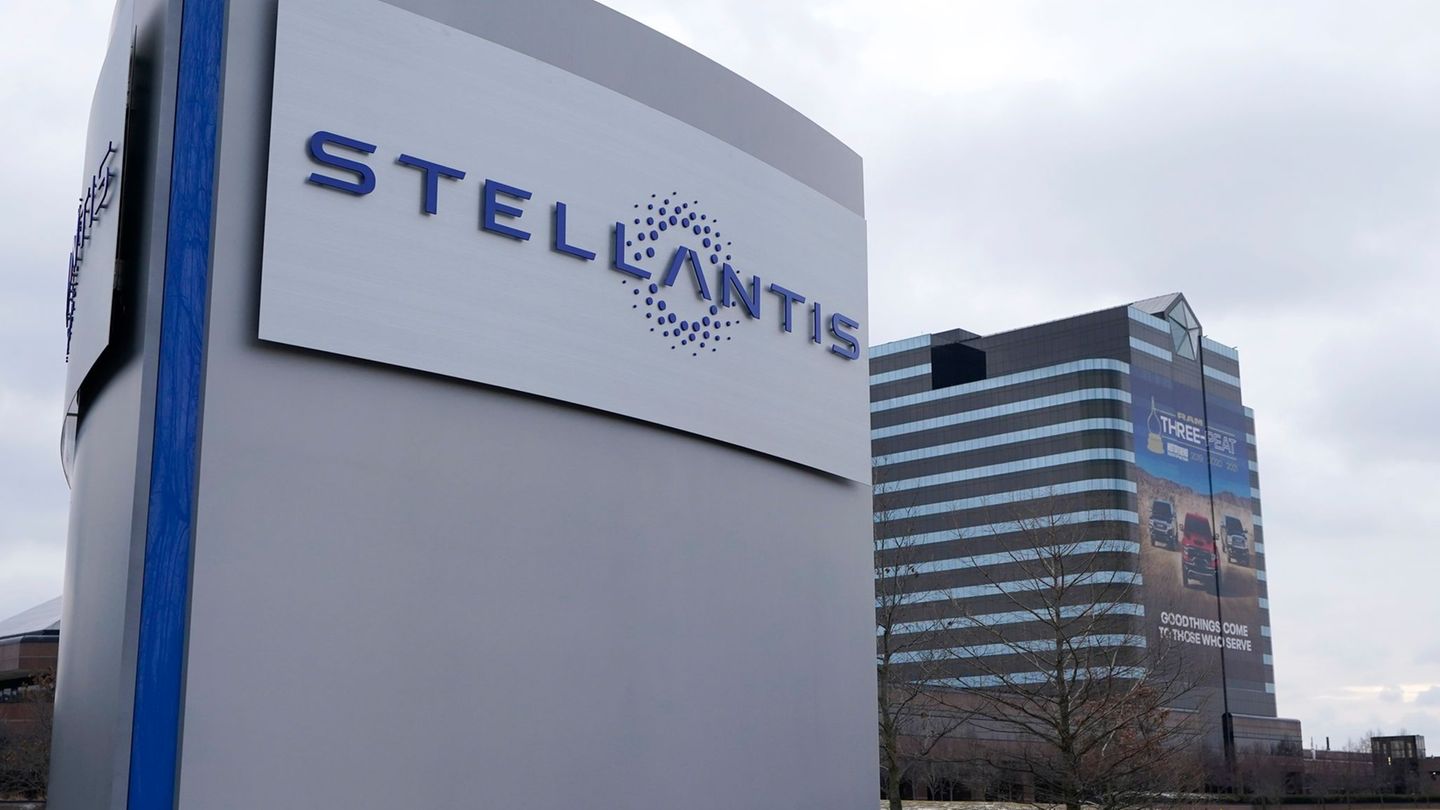Germany should be climate neutral by 2045 – this is what the Climate Protection Act stipulates. But what investments are necessary for this?
According to a study, the majority of the investments necessary for a climate-neutral Germany can be mobilized by redirecting spending on fossil technologies towards climate-neutral alternatives. The total investment requirement – i.e. investments that are already needed and additional ones for climate protection – will be an average of 540 billion euros annually from next year until 2045, as a study commissioned by several Agora think tanks calculated.
Around three quarters of these investments would also occur without the transition to climate neutrality. The think tanks said they were necessary “for the preservation and renewal of buildings, industrial facilities and means of transport in particular”. “The aim here is to redirect financial flows to climate-neutral solutions through price incentives and market regulation,” says the study.
Only a quarter of the sum goes to so-called climate protection investments. “These are additional expenses for the purchase of climate-neutral technologies compared to fossil reference technologies – for example the higher purchase price of a heat pump compared to a gas heater,” explained the authors.
The higher investments do not always mean additional costs over the entire life cycle. “For example, despite currently higher purchase costs, many electric cars are already cheaper than gasoline and diesel vehicles due to their lower operating costs over their entire lifespan.”
Study recommends a mix of different instruments
By 2045, Germany should be climate-neutral – meaning that it will not be able to emit more greenhouse gases or bind them again. In one scenario, the study envisages “more socially differentiated funding for building renovation” and the expansion of the local public transport infrastructure.
The study recommends various instruments to mobilize necessary investments: Price-based incentives such as CO2 pricing make fossil fuels more expensive and make climate-friendly technologies more attractive. Market regulation makes it possible to restrict harmful technologies. “Financial support ensures that things are socially fair and that individuals are not overwhelmed,” added the director of the think tank Agora Energiewende Germany, Simon Müller.
The research organizations Prognos AG, Öko-Institut and Wuppertal Institute as well as the University of Kassel prepared the study on behalf of the think tanks Agora Energiewende, Agora Industrie, Agora Agrar and Agora Verkehrswende.
Source: Stern
I have been working in the news industry for over 6 years, first as a reporter and now as an editor. I have covered politics extensively, and my work has appeared in major newspapers and online news outlets around the world. In addition to my writing, I also contribute regularly to 24 Hours World.




